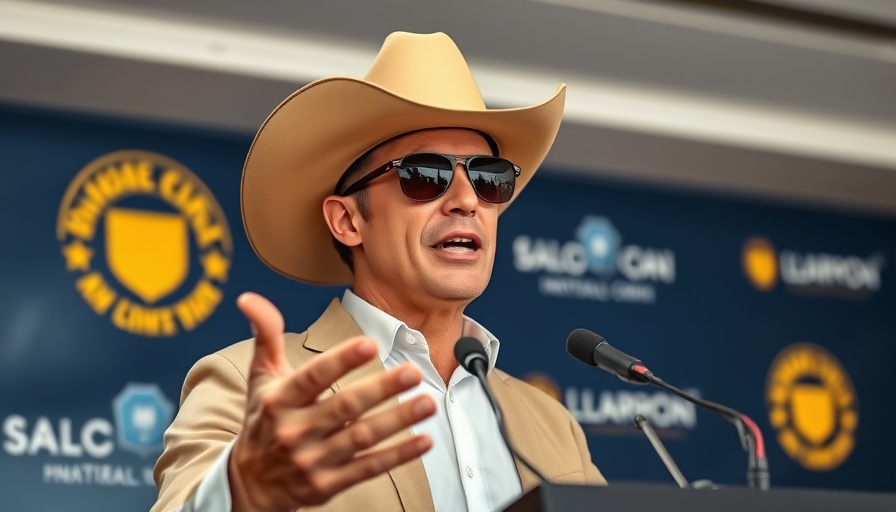
Understanding Bladder Cancer: A Personal Journey
Deion Sanders’ recent announcement about his battle with an aggressive form of bladder cancer has sparked important conversations about awareness and prevention. As news spreads across Louisiana, many, especially those aged 55 and over, are reflecting on their own health. Bladder cancer is relatively uncommon but can be deadly if not diagnosed early. Understanding the warning signs and risks can be crucial in the fight against this disease.
Recognizing Warning Signs and Symptoms
Bladder cancer symptoms can often be mistaken for other conditions, which makes awareness even more essential. Common signs include:
- Changes in Urination: Frequent urination, urgency, or pain during urination can be early indicators.
- Blood in Urine: This is one of the most telling signs and should never be ignored. Blood may appear bright red or dark.”
- Pain in the Back or Lower Abdomen: Persistent discomfort in these areas may signal a problem.
It is vital for individuals, especially seniors, to consult a healthcare provider immediately if they notice any of these symptoms.
Risk Factors: Are You at Higher Risk?
Several factors may increase the risk of developing bladder cancer. While some, like age and gender, are beyond our control, lifestyle choices play a significant role. Smoking, chemical exposure, and chronic bladder inflammation are notable contributors. Additionally, drinking large amounts of fluids can sometimes dilute potential carcinogens; however, those who smoke should reconsider their habits as smoking remains a leading cause of bladder cancer.
Bladder Cancer Treatment and Recovery Insights
After undergoing a complete bladder removal, Deion Sanders has bravely shared his path to recovery. Discussions around bladder cancer often focus on treatment methods—surgery, chemotherapy, and immunotherapy can all play vital roles. Each patient’s journey is unique, tailored to individual health needs and preferences. Holistic approaches, including emotional support and diet modification, are increasingly emphasized in recovery narratives, creating a fuller picture of healing.
Emotional Impact and Community Support
Receiving a cancer diagnosis can trigger profound emotional distress. How individuals process their feelings varies greatly but often includes fear, anxiety, and a sense of isolation. Building community support networks can be beneficial. Engaging in conversations with those who have experienced similar challenges fosters connection and understanding. Local support groups in Louisiana, such as the Bladder Cancer Advocacy Network, provide resources and community to those affected.
The Importance of Regular Screenings
Preventing bladder cancer starts with regular health screenings. For seniors in Louisiana, developing a habit of discussing health check-ups with healthcare providers is crucial. Early detection is key to achieving the best outcomes. Most healthcare providers recommend that patients over 55 make an annual visit for health assessments, prioritizing any changes in health, particularly those regarding urination.
Future Trends: Awareness and Advocacy
The dialogue sparked by high-profile cases like Deion Sanders’ serves as a reminder of the importance of awareness in cancer prevention. As awareness campaigns grow, there is a push towards better healthcare practices and innovative treatments. Physicians encourage individuals to become advocates for their health by staying informed and engaged in their screenings and healthcare practices.
Conclusion: Take Action and Stay Informed
The alarming reality of bladder cancer, underscored by Deion Sanders’ personal story, highlights a need for proactive health management, especially for those over 55. By understanding warning signs, recognizing risk factors, and pursuing regular check-ups, individuals can take meaningful steps towards safeguarding their health. Seek knowledge, support, and take action—your health is your most valuable asset.
If you or a loved one are experiencing any concerning symptoms, do not hesitate to consult with your healthcare provider. Your health journey is just as important as the recovery stories we hear. Take that step today!
 Add Row
Add Row  Add
Add 



Write A Comment